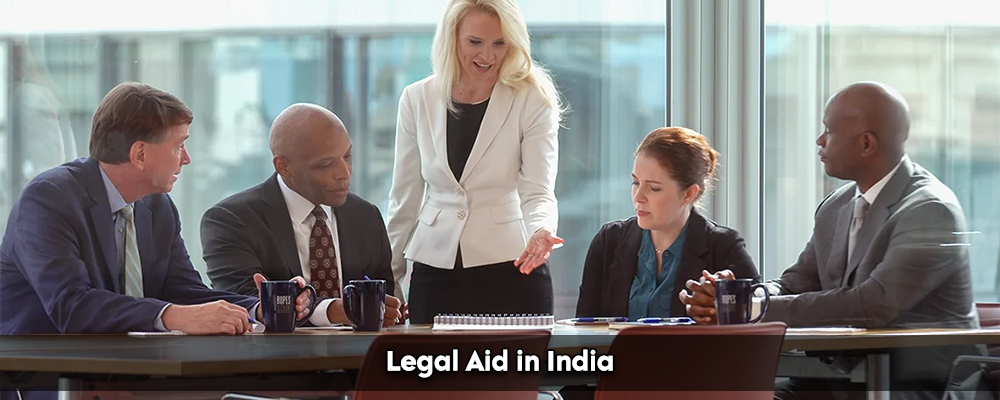The preamble of the Indian constitution seeks to ensure socioeconomic and political justice for the Indian people. The Indian Constitution’s Articles 38 and 39A deserve special attention. The State shall promote the welfare of the people by securing and protecting the social order, including justice, according to Article 38(1) of the Constitution. Article 39-A of the Constitution states that the State shall, in particular, provide free legal aid, by appropriate legislation or schemes, to ensure that no citizen is denied the opportunity to secure justice.
The goal of legal aid is to close the gap and make legal services available to all groups in our society. Protecting people’s rights and interests is its main goal. With the help of legal aid, the weaker communities in our nation can take steps to bolster their power and provide themselves with the means to live confidently. No one is made to feel as though they are being treated differently by the legal assistance concept. The goal of giving legal aid is the upliftment of all people. There are many negative characteristics of society as a result of which some people have continued to live in poverty.
Need A Legal Advice
The internet is not a lawyer and neither are you. Talk to a real lawyer about your legal issue

The three-A framework guidance is described below:
- When people are aware of their authority and rights and know how to protect them, they feel more empowered.
- Encourage those individuals to express their rights as a “right” rather than a favor.
- When goals 1 and 2 are accomplished, it is the state’s job to make the appropriate provisions. It must make sure that persons who ask for these rights are treated fairly and justly in doing so.
Legal Assistance Barriers
- Currently, there is a disorganized, dispersed, and irregular legal aid activity in India. There is not enough coordination there. The idea of equal access to the availability of justice under the law is almost completely broken. Goals set and accomplished are far apart. In a recent study, one law firm said, “We no longer do pro bono work because we are too busy trying to survive.” For a variety of reasons, lawyers avoid volunteering their services for free. There are not enough money resources. The early legal education did not include social education.
- Another significant barrier to legal aid is illiteracy. It is well known that over 70% of individuals who live in rural areas are illiterate, and an even higher percentage are unaware of the legal rights that have been bestowed upon them. The exploitation and deprivation of the rights and benefits of the poor are caused by a lack of legal understanding.
How to Provide Legal Aid Effectively
- The legal aid movement needs to start at the ground level and aid in finding solutions to the issues and challenges facing the underprivileged.
- The public at large, as well as judges, the legal system, teachers, senior law students, and professional social workers, must all participate.
- It ought to incorporate initiatives like raising legal awareness and educating people about their fundamental rights with the aid of NGOs.
- More impromptu paralegal services should be offered in areas lacking in basic infrastructure and possibilities for access to justice.
- Encourage the legal profession to have a pro bono service history and culture.
- Present contrasting examples of legal assistance to the government for reforming the movement.
- Encourage the establishment of public defender and legal assistance offices working with governments.
- Lok Adalats should be encouraged because they swiftly resolve issues through counseling, dialogues, etc. Its foundation is to deliver swift justice with the parties’ consent. Their goal is to lighten the load on the courts so that the issue of legal delays can be resolved and people can receive justice promptly. The government’s execution of this movement in the state requires a bottom-to-top geared machinery.
Lead India provides a range of legal services, including online resources and free legal advice. You can talk to a lawyer as soon as you have Lila. Ask a legal question for advice.





 Talk to a Lawyer
Talk to a Lawyer